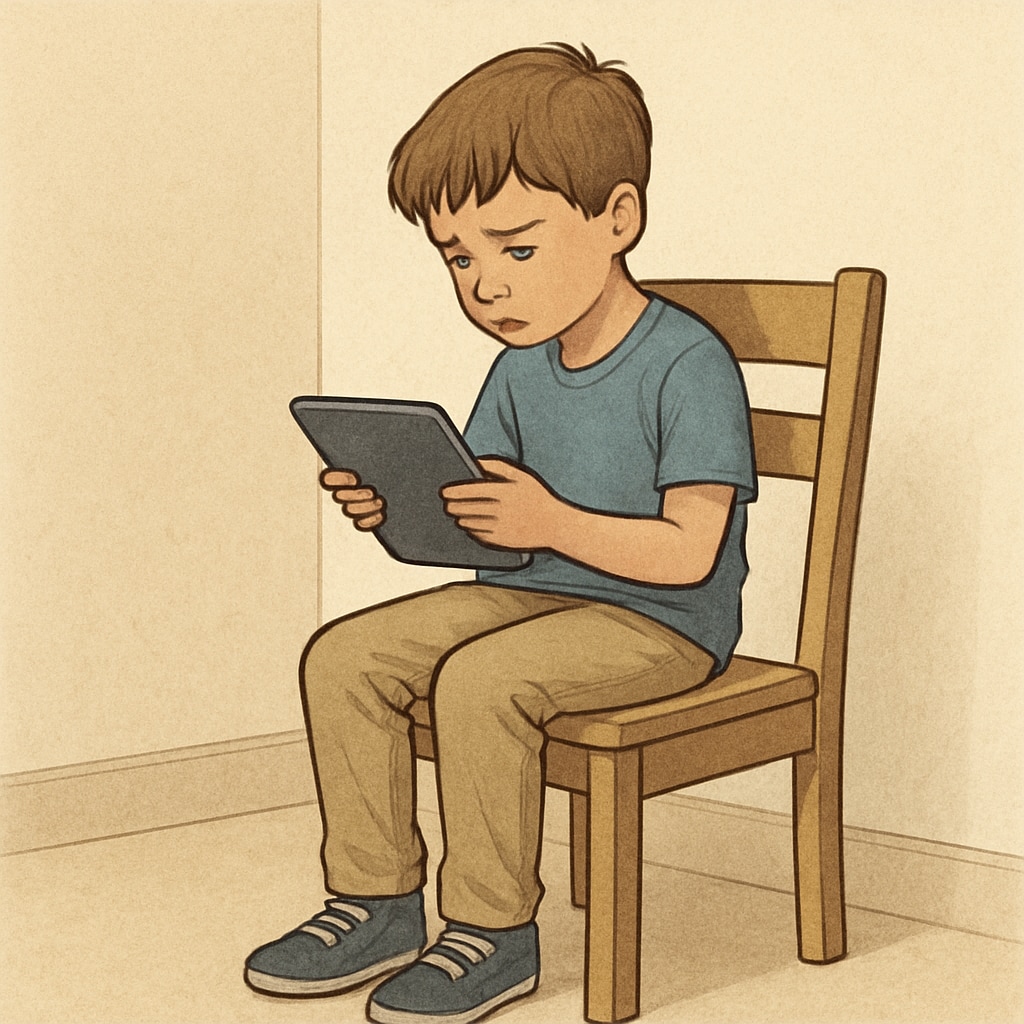The increasing integration of technology in education has brought both opportunities and challenges. However, excessive exposure to digital devices has given rise to concerns about its effects on children’s psychological health and cognitive development. For K12 students, technology overuse can lead to issues such as reduced attention span, emotional distress, and even social isolation. Parents and schools must take proactive steps to monitor and regulate technology usage to ensure children grow up in a balanced, healthy environment.
How Technology Overuse Affects Cognitive and Psychological Growth
Technology has revolutionized education by providing access to vast information and interactive learning tools. However, when overused, it can negatively impact cognitive and psychological development. For example, prolonged screen time may impair a child’s ability to concentrate and process information effectively. As a result, children often struggle with retaining knowledge and developing critical thinking skills.
In addition to cognitive challenges, overuse of technology can also lead to psychological issues. Studies indicate that children who spend excessive time on devices are more likely to experience anxiety, depression, and reduced emotional regulation. The constant exposure to social media and online gaming can also create unrealistic expectations, leading to low self-esteem and social withdrawal.

Signs of Technology Addiction in K12 Students
Understanding the signs of technology addiction is crucial for parents and educators. Here are some common indicators:
- Decreased Interest in Offline Activities: Children may lose interest in hobbies or outdoor activities they previously enjoyed.
- Behavioral Changes: Mood swings, irritability, and defiance when asked to limit screen time are common signs.
- Sleep Disruption: Excessive usage, particularly before bed, can interfere with sleep patterns and overall health.
- Poor Academic Performance: A noticeable drop in school performance due to distraction and reduced focus.
By recognizing these signs early, parents can intervene before the problem escalates.

Effective Parental Strategies to Mitigate Technology Overuse
Parents play a critical role in managing their child’s relationship with technology. Here are some practical strategies:
- Set Clear Boundaries: Establish rules about screen time, including limits on usage during meals and before bedtime.
- Encourage Offline Activities: Introduce children to hobbies, sports, and family outings that do not involve screens.
- Be a Role Model: Demonstrate balanced tech habits by reducing your own screen time and engaging in non-digital activities.
- Use Parental Controls: Utilize apps and device settings to monitor and restrict usage, ensuring access to age-appropriate content.
- Promote Open Communication: Discuss the potential risks of excessive technology use and encourage children to share their feelings or concerns.
The Role of Schools in Supporting Healthy Technology Use
Schools also play a pivotal role in guiding students toward responsible technology use. Educators can integrate digital literacy into the curriculum, teaching students how to balance online and offline activities. Additionally, schools can collaborate with parents by organizing workshops and providing resources to address technology-related challenges.
For example, initiatives like “tech-free days” can encourage students to engage in face-to-face interactions and explore creative pursuits. Schools can also provide counseling services to support students experiencing stress or anxiety linked to technology misuse.
Balancing Technology and Healthy Development
While technology offers numerous benefits, its overuse can be detrimental to K12 students’ development. Parents, educators, and policymakers must work together to strike a balance. By fostering a supportive environment that prioritizes healthy habits, children can enjoy the advantages of technology without compromising their mental and cognitive growth.
In conclusion, managing technology usage is not about eliminating it but ensuring it is used thoughtfully and purposefully. With the right interventions, we can empower children to thrive in the digital age while protecting their well-being.
Readability guidance: Short paragraphs, clear subheadings, and actionable strategies improve the article’s accessibility. Transitions like “however,” “in addition,” and “as a result” are used to ensure logical flow and coherence.


